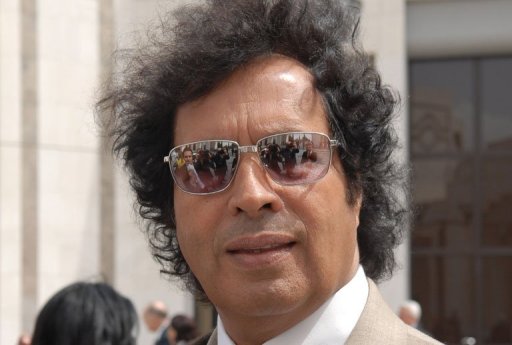Russian President Vladimir Putin has praised the strengthening cooperation between Russia and China within the BRICS group, stating that the two countries are actively working to enhance the bloc’s influence as a core mechanism of the international architecture.
In an interview with China’s Xinhua News Agency, a partner of TV BRICS, Putin said the two nations are jointly promoting initiatives aimed at expanding the economic development opportunities of member states.
“We are actively cooperating with China within BRICS to enhance its influence as one of the core mechanisms of the international architecture. Together, we are promoting initiatives aimed at expanding the economic development opportunities of member states, including the creation of joint platforms for partnership in key sectors,” Putin said.
He noted that the two countries have brought their economic relations to a qualitatively new level, with trade turnover growing by $100 billion since 2021. Russia also remains the main supplier of oil and gas to China, he said.
Putin highlighted the great potential for development in scientific and educational cooperation, noting that over 51,000 Chinese students are currently studying in Russia, while 21,000 Russian students are in China. He added that the two countries will hold reciprocal Years of Education in 2026–2027.
The Russian president also discussed the work of the Shanghai Cooperation Organisation (SCO), expressing hope that an upcoming meeting in Tianjin would give the organisation fresh momentum.
“I am confident that the summit in Tianjin, along with the SCO Plus meeting, will mark an important milestone in the history of the SCO. We support the priorities set by the Chinese chairmanship, aimed at further consolidating the SCO, deepening cooperation across all areas, and enhancing our organisation’s role on the global stage,” Putin said.
During upcoming talks in Beijing, aspects of the bilateral agenda will be addressed, including cooperation in politics and security, economic ties, and cultural and humanitarian exchanges, as well as current regional and international issues.



